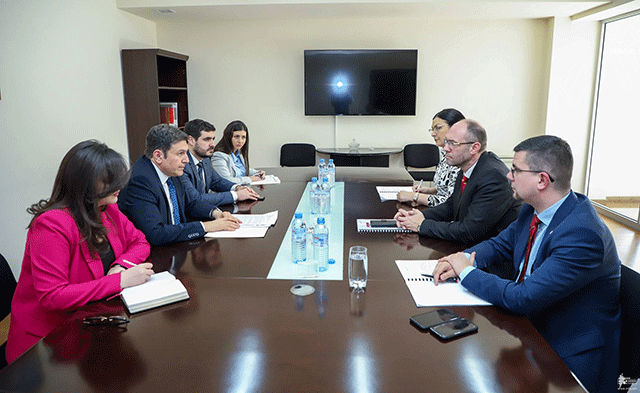Freedom to manifest one’s religion or belief applies also in the workplace and given the fact that many people spend a large share of their daily lives at work, the question of “accommodating the manifestation of employees’ religion or belief is thus of crucial importance”, the Committee on Legal Affairs said today.
The presence of members of different religious or non-religious groups, the Committee stressed, may cause challenges in the workplace that some employers may try to resolve with imposing prima facie neutral rules. However, the application of such rules in the workplace – such as those on dress codes, dietary rules, public holidays or labour regulations – “can lead to indirect discrimination of representatives of certain religious groups, even if they are not targeted specifically”.
Adopting a draft resolution based on the report prepared by Davor Ivo Stier (Croatia, EPP/CD), the Committee urged to promote a culture of tolerance and ‘living together’ in a religiously pluralist society, and to ensure that “the right of all individuals to freedom of thought, conscience and religion is respected”.
Member States should adopt effective anti-discrimination legislation “which covers prohibition of discrimination on grounds of religion or belief” and “legislative measures, ‘so that employees can submit applications for reasonable accommodation of their religion or beliefs'”.
Read also
The parliamentarians also called to establish appropriate “adjudication or mediation mechanisms in cases of disputes related to the employer’s refusal to accommodate an employee’s request based on his/her religion or belief”.
The committee-adopted text should be debated and voted by the Assembly at its next plenary meeting in Strasbourg (27 – 31 January 2020).
PACE




























































